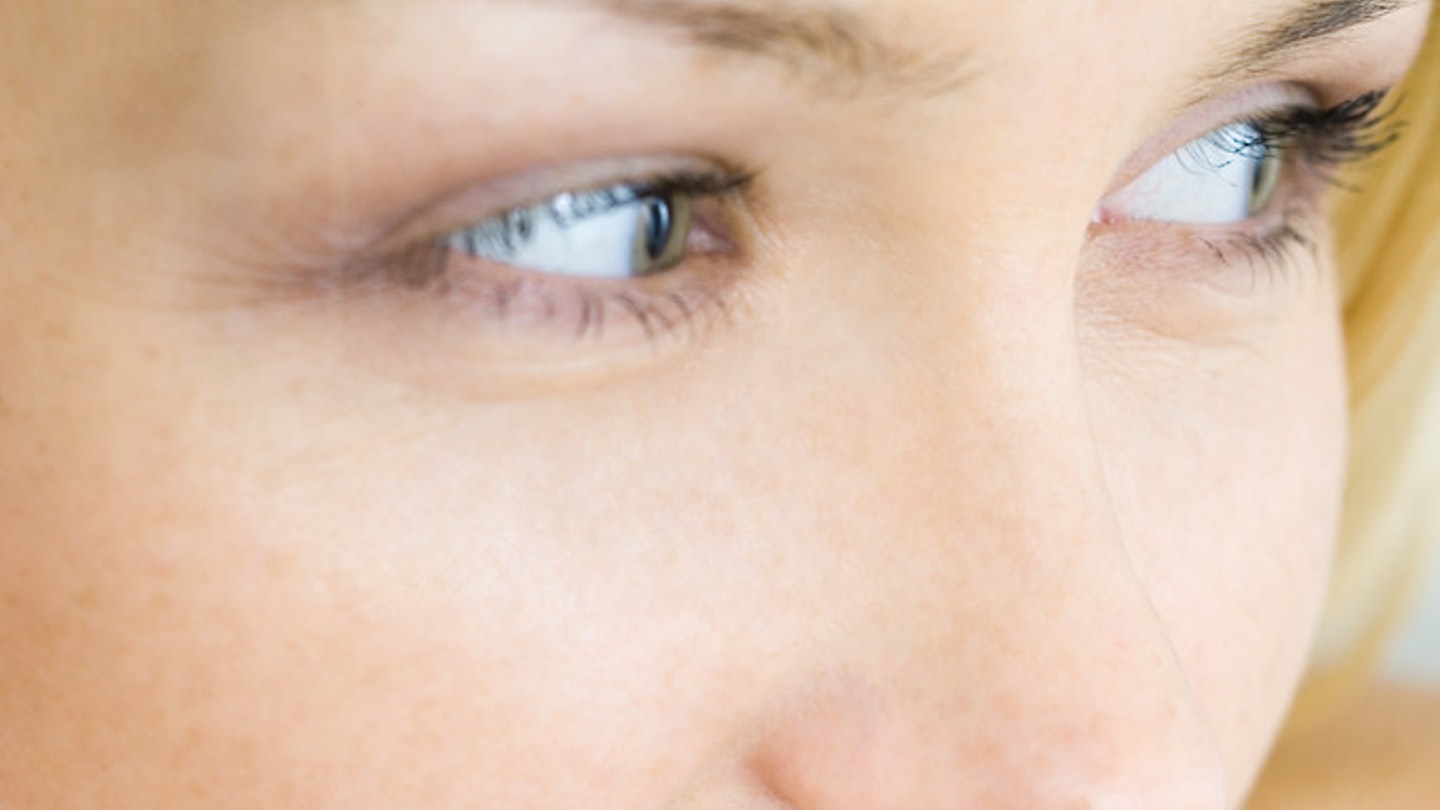Tuck in! A handful of nuts a day if you’re expecting could lower your baby’s risk of developing allergies…
Mums-to-be used to be advised to pass on the peanuts in case their baby developed a nut-related allergy. But as part of growing evidence, a new study shows that eating nuts during pregnancy doesn’t increase your unborn child’s allergy risk. In fact, it can lower risk of sensitivity to the food.
Pregnant women who ate peanuts, almonds – or pretty much any other type of nut, almost every day were around 30 per cent less likely to have babies with peanut or tree nut allergies, compared to those mums who rarely ate nuts, according to the Boston Childrens Hospital.
The Department of Health advise that eating nuts during your pregnancy or if you're breastfeeding is fine as part of a healthy balanced diet, irrespective of whether you have a family history of allergies. But obviously, if you’ve got an existing allergy avoid anything with nuts in it.
As research suggests allergies may not develop until after the birth, even if your partner is allergic, consuming nuts shouldn’t affect your baby’s risk.
So, as well as adding peanuts on the menu, a good source of protein and folic acid, what else should you munch with a bump? Find out your ultimate pregnancy diet.
What are your bump-boosting foods? Let us know below…
